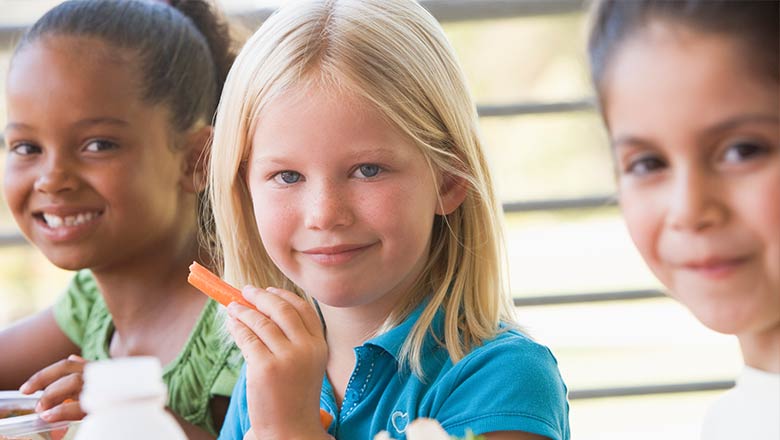Search
Apache Energy and the Telethon Institute for Child Health Research today signed a two-year partnership

A new study from Perth's The Kids for Child Health Research shows an association between ADHD and a 'Western-style' diet in adolescents.
A new study from Perth's The Kids for Child Health Research has found that most cases of child abuse or neglect that are identified in hospital are...
Parental fear leads to inactive 'cottonwool' kids. Children's development and wellbeing are under threat because their parents are fearful of strangers
Fertility rates increased following the introduction of the Federal government's "Baby Bonus" payments.
A new report has been released into the impact of genomic medicine and technologies on global public health.
Professor Fiona Stanley, Director of the Telethon Institute for Child Health Research, has been inducted into the Science Hall of Fame.
Disadvantaged children fall behind in the land of the fair go
A state of the art 3D molecular imager that will help researchers monitor how brain tumours grow has been delivered to the Telethon Institute.
Children who are mainly breastfed for the first six months (or longer) score significantly higher academically at 10 years of age, especially boys.
